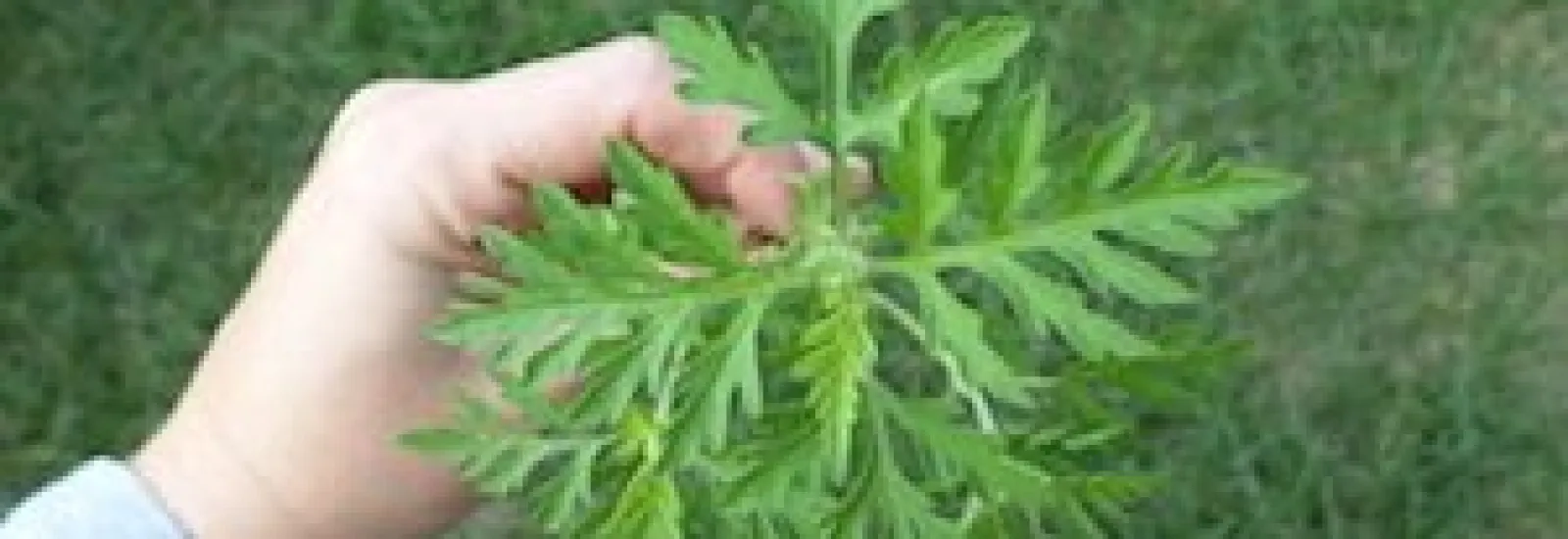
Relief from fall allergies
It’s fall and unfortunately that means fall seasonal allergies for allergy sufferers. Learn what plants might be causing your allergies and what you can do to get some relief.
Local allergy-causing plants
According to PollenLibrary.com in the Eastern Indiana and Western Ohio region the following weeds and grasses are most commonly flowering during fall and are likely to cause fall allergies:
- Annual Ragweed
- Great Ragweed
- Black Mustard
- Common Timothy Grass
- Corn
- Orchard Grass
Ragweed is one of the biggest triggers of fall allergies says the National Intitute of Environmental Health Services (NIEHS). The NIEHS also cites mold as a potential allergen for those who are sensitive — think of all those piles of wet leaves.
Fall allergy symptoms
If you’re allergic to the pollen of certain plants and/or airborne mold spores the most common symptoms listed by the American College of Allergy Asthma & Immunology are:
- Runny nose
- Sneezing
- Itchy eyes mouth and/or skin
- Stuffy nose
- Fatigue or tiredness
Allergy treatment
You should talk to your doctor or a specialist about diagnosis to be sure that what you’re experiencing are in fact allergies. According to the Mayo Clinic there are several medications your doctor may prescribe or recommend you purchase over the counter:
- Antihistamines can help stop the sneezing and itching.
- Decongestants will help relieve a stuffy nose and sinuses.
- Steroid nasal sprays can help reduce blockage in your nose by decreasing the swelling of the tissues.
- Immunotherapy which your doctor may also recommend includes allergy shots tablets or drops that can help lower your immune system’s reaction to allergens.
Even if you can purchase allergy medication without a prescription you should talk to your doctor to make sure you’re using the best medication for your needs and unique health history.
Reduce your fall allergy symptoms
In addition to or instead of medication these tips will help you reduce the amount of pollen you’re exposed to reducing or relieving your allergy symptoms. The American College of Allergy Asthma & Immunology recommends that you:
- Stay indoors when pollen counts are highest usually mid-morning early evening and when windy.
- Do not rub your eyes.
- Use a clothes dryer for clothing towels and sheets rather than line drying outdoors.
- Do not use window fans which can pull pollen and molds into the house.
- Wear a pollen mask when gardening raking leaves or mowing.
Remember to check in with your primary care doctor if you’re experiencing fall allergy symptoms. With the help of these tips and proper medication you can feel better throughout the pollen season.

